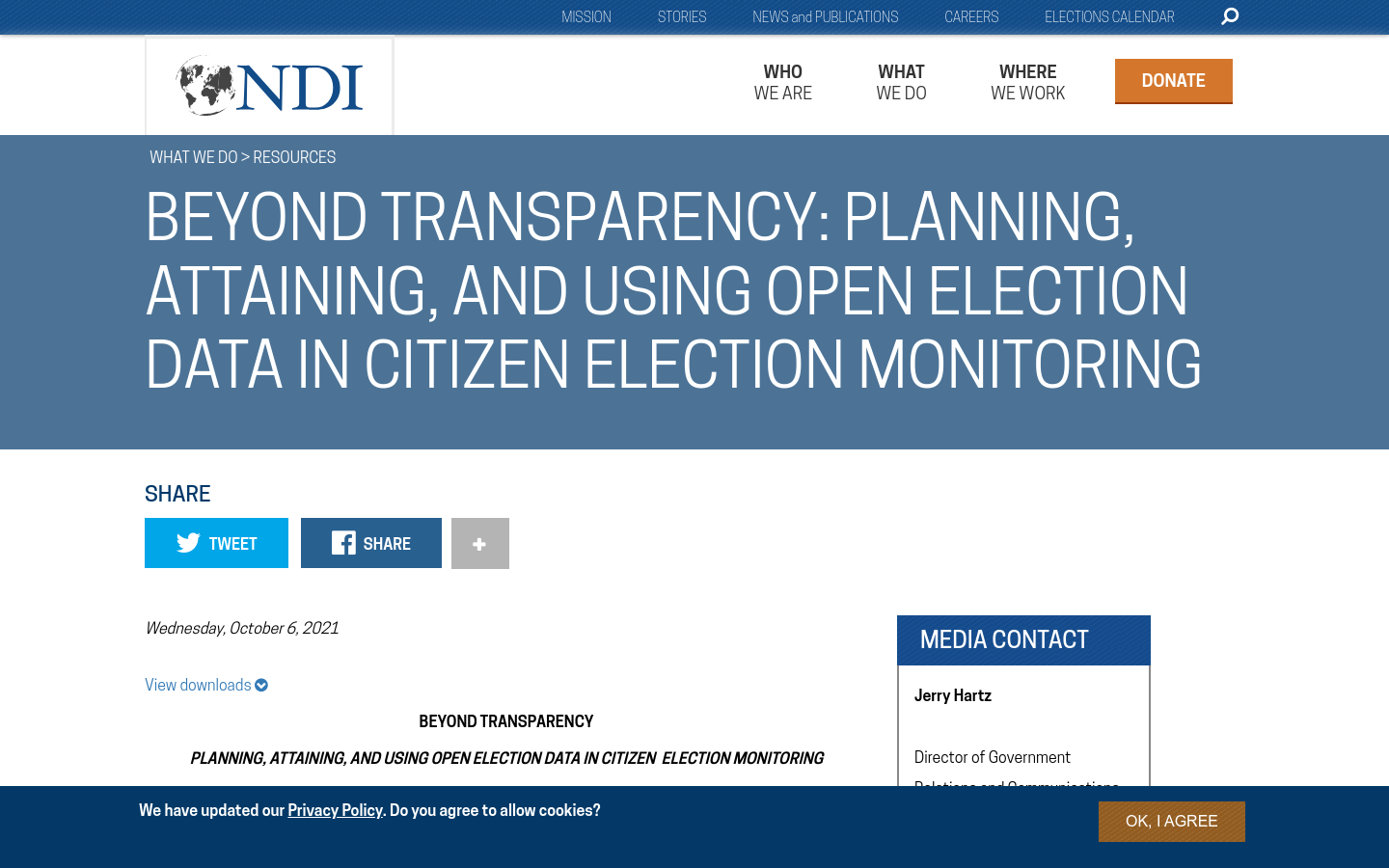Civic Tech Field Guide
Sharing knowledge and productively growing the fieldSearch 12196 projects
Showing 12196 Results

As we move into an era of unprecedented volumes of data and computing power, the benefits aren't for business alone. Data can help citizens access government, hold it accountable and build new services to help themselves. Simply making data available is not sufficient. The use of data for the public good is being driven by a distributed community of media, nonprofits, academics and civic advocates. This report from O'Reilly Radar highlights the principles of data in the public good, and surveys areas where data is already being used to great effect, covering: Consumer finance Transit data Government transparency Data journalism Aid and development Crisis and emergency response Healthcare

This book offers the most vital, up-to-date research within the field of disaster management technologies, offering research and updates from authors from around the world, with a variety of perspectives and insights into the most cutting edge technology the field has to offer--Provided by publisher

Charts the strategic thinking behind the mosaic of movements currently challenging neoliberal globalization.

Located at the nexus between politics and the digital, this PhD thesis wants to shed light on the changing dynamics, opportunities and challenges citizens and parties are confronted with due to ongoing technological changes

This book investigates the ethical challenges the internet presents to contemporary parliamentary democracy in Europe and how these challenges are being addressed

Containing more than 250 articles, this three-volume set provides a broad basis for understanding issues, theories, and applications faced by public administrations and public organizations, as they strive for more effective government through the use of emerging technologies

The increased use of digital politics by citizens, groups, and governments over the last 25 years carried the promise of transforming the way politics and government was practiced
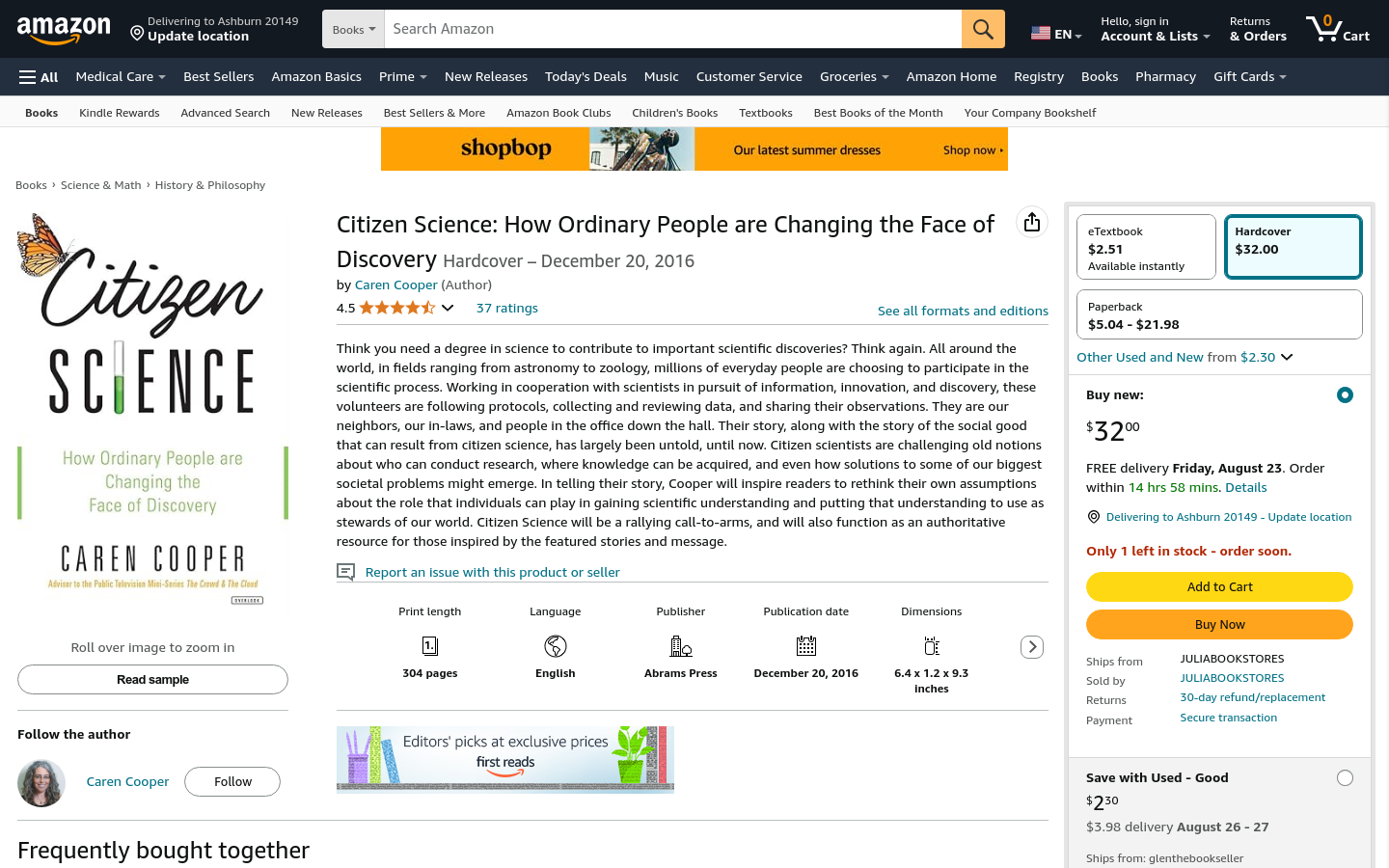
They’re our neighbors, in-laws, and coworkers. Their story, along with the story of the social good that can result from citizen science, has largely been untold, until now.

Shira Eve Epstein provides the best practical guide for teachers who want their students to confront social problems.” —Peter Levine, Lincoln Filene Professor of Citizenship & Public Affairs, Tufts University
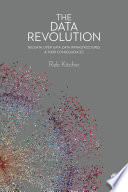
Accessible in style, the book provides: A synoptic overview of big data, open data and data infrastructures An introduction to thinking conceptually about data, data infrastructures, data analytics and data markets Acritical discussion of ...

This volume represents the authentic voices of the thinkers, writers and designers who are helping to build a 'canon' of informed literature which documents the development of the discipline.

In this eBook, Designing the Urban Future: Smart Cities, we take a good look this relatively new concept, starting with Section 1, "Cities of the Future," which tackles what makes a city smart.

Focusing on case studies in areas which are undergoing major social and institutional transformation and/or which raise particular issues because of the "marginal" position of the areas within their nation-states...

Interdisciplinary discussion of the ways in which the media is and can be used in the service of deliberative equality within the public sphere--and of the ways in which the media can function to both facilitate and inhibit deliberative

This work was published by Saint Philip Street Press pursuant to a Creative Commons license permitting commercial use. All rights not granted by the work's license are retained by the author or authors.
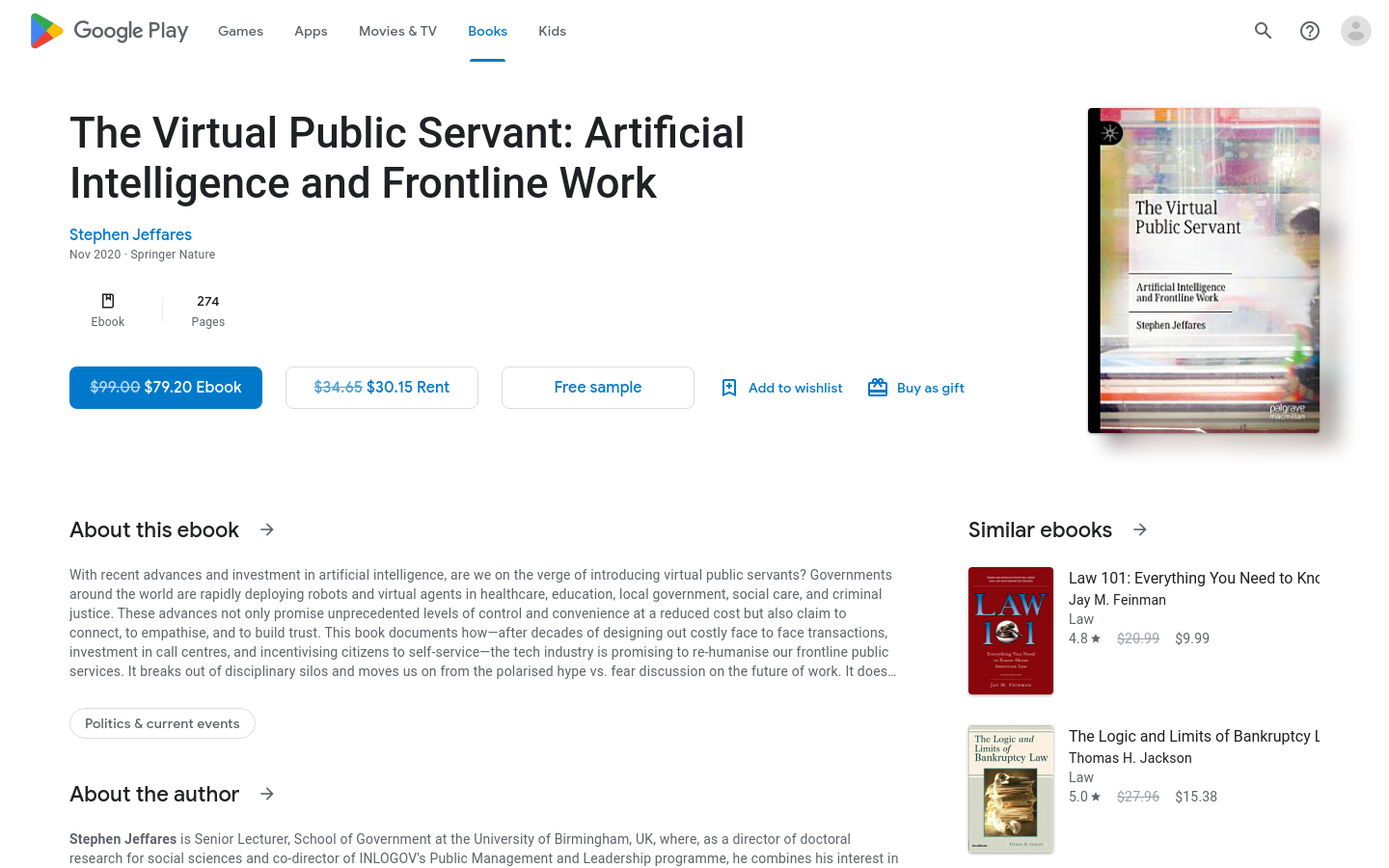
This book documents how—after decades of designing out costly face to face transactions, investment in call centres, and incentivising citizens to self-service—the tech industry is promising to re-humanise our frontline public services

Completely revised and expanded, the ultimate guide to starting—and keeping—an active and effective volunteer program Drawing on the experience and expertise of recognized authorities on nonprofit organizations, The Volunteer Management Handbook, Second Edition is the only guide you need for establishing and maintaining an active and effective volunteer program. Written by nonprofit leader Tracy Connors, this handy reference offers practical guidance on such essential issues as motivating people to volunteer their time and services, recruitment, and more. Up-to-date and practical, this is the essential guide to managing your nonprofit's most important resource: its volunteers. Now covers volunteer demographics, volunteer program leaders and managers, policy making and implementation, planning and staff analysis, recruiting, interviewing and screening volunteers, orienting and training volunteers, and much more Up-to-date, practical guidance for the major areas of volunteer leadership and management Explores volunteers and the law: liabilities, immunities, and responsibilities Designed to help nonprofit organizations survive and thrive, The Volunteer Management Handbook, Second Edition is an indispensable reference that is unsurpassed in both the breadth and depth of its coverage.

This book lays out an impressive, well-articulated set of trends that have affected or will soon affect local governments throughout the nation through technology.

Technology also expands the nature and volume of data collected by governments, altering the significance of open government data and rendering its practice more complex. In this evolving context, this book explores the future of open data.

In Sharing Cities, Duncan McLaren and Julian Agyeman argue that the intersection of cities' highly networked physical space with new digital technologies and new mediated forms of sharing offers cities the opportunity to connect smart

SMART CITIES: THE FUTURE OF URBAN LI FEThe global population is set to grow by two billion in less than 30 years.

Sustainable Cities in American Democracy focuses on this effort as it emerged and developed over the past decades in the institutional field of sustainable cities—a vital response to environmental degradation and climate change that is shaped by civic and democratic action.

The book presents evidence of a desire for change in party ethos, introducing the idea of the re-imagined party to explore perceptions of party representation, participation, governance and conduct

An industry of consultants, facilitators, and experts of deliberative forums has grown over the past decades, suggesting that the field has benefited from a broken political system

Why are some civic associations better than others at getting - and keeping - people involved in activism? From MoveOn.org to the National Rifle Association, Health Care for America Now to the Sierra Club, membership-based civic associations constantly seek to engage people in civic and political action. What makes some more effective than others? Using in-person observations, surveys, and field experiments, this book compares organizations with strong records of engaging people in health and environmental politics to those with weaker records. To build power, civic associations need quality and quantity (or depth and breadth) of activism. They need lots of people to take action and also a cadre of leaders to develop and execute that activity. Yet, models for how to develop activists and leaders are not necessarily transparent. This book provides these models to help associations build the power they want and support a healthy democracy. In particular, the book examines organizing, mobilizing, and lone wolf models of engagement and shows how highly active associations blend mobilizing and organizing to transform their members' motivations and capacities for involvement. This is not a simple story about the power of offline versus online organizing. Instead, it is a story about how associations can blend both online and offline strategies to build their activist base. In this compelling book, Hahrie Han explains how civic associations can invest in their members and build the capacity they need to inspire action.

Unleash the power of open data. Learn how to implement an open data program at your organization and use open data for transparency efforts, innovation, data analysis, and reporting.

Exploring cities as real-time, living, dynamic systems, and providing tools and formats including generative design and living lab models that support cities to become self-regulating, this book provides readers with a conceptual and ...
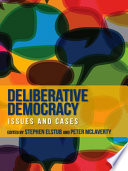
In this book, a number of leading democratic theorists address the key issues that surround the theory and practice of deliberative democracy

PRAISE FOR SMART CITIES, SMART FUTURE "Mike and Cornelia have managed to distill hundreds of ideas, sources, milestones, technologies and dreams into a thoughtful 'showcase of tomorrow'. . . their analysis, synthesis and narrative make this ...

The book covers issues presented by the technological changes on policy making and offers a wide array of perspectives

Instructor and sustainable design expert Scott Boylston explains the relationship between design thinking and social innovation and teaches us about the impact design can have on global goals, including sustainable development, anti-racism, ...

Major themes of this book are smart cities, urban big data, and shared mobility. This book also contains chapters with cutting-edge research on urban modeling, walkability and bikeability analysis, and planning support systems (PSS).

In this book, the real-world implementations of successful Smart City technology in places like New York, Amsterdam, Copenhagen, and more are analyzed, and insights are gained from recorded attempts in similar urban centers that have not ...

Digital Democracy considers how technological developments might combine with underlying social, economic and political conditions to produce new vehicles for democratic practice. The growth of new Information and Communication Technologies (ICTs) such as the Internet, alongside growing concerns about the failure of advanced societies to live up to the democratic idea, has produced much interest in the prospects for a digital democracy. This book will provide invaluable reading for those studying social policy, politics and sociology as well as for policy analysts, social scientists and computer scientists.

The Propagandists' Playbook peels back the layers of the right-wing media manipulation machine to reveal why its strategies are pervasive, while humanizing the people whose worldviews and media practices conservatism embodies. Based on interviews and ethnographic observations of two Republican groups over the course of the 2017 Virginia gubernatorial race--including the author's firsthand experience of the 2017 Unite the Right rally--the book considers how Google algorithms, YouTube playlists, pundits, and politicians can manipulate search, reaffirm beliefs, and expose audiences to extremist ideas, blurring the lines between reality and fiction. Tripodi argues that conservatives who embody the Christian worldview give authoritative weight to original texts and interrogate the media using the same tools taught to them in Bible study--for example, using Google to "fact check" the news. The result of this practice, tied to conservative marketing tactics, is a radicalization of content and a changing of narratives adopted by the media.

Hence the volume offers an intellectual resource that expands on the current literature, but also provides a pedagogical resource to universities as well as a reflective opportunity for practitioners.

The book provides a practical and step-by-step guide that will help young people learn to identify their social action passions and plan, launch, and support social action initiatives.

The twelve chapters in this volume present the perspectives of insiders like founder Wade Rathke and leading outside practitioners and academics.

This book argues that ethical evaluation of AI should be an integral part of public service ethics and that an effective normative framework is needed to provide ethical principles and evaluation for decision-making in the public sphere, at both local and international levels

The book revolves around recent developments in specific scientific disciplines, including biology, ecology, computer science, astronomy, and cognitive science.
